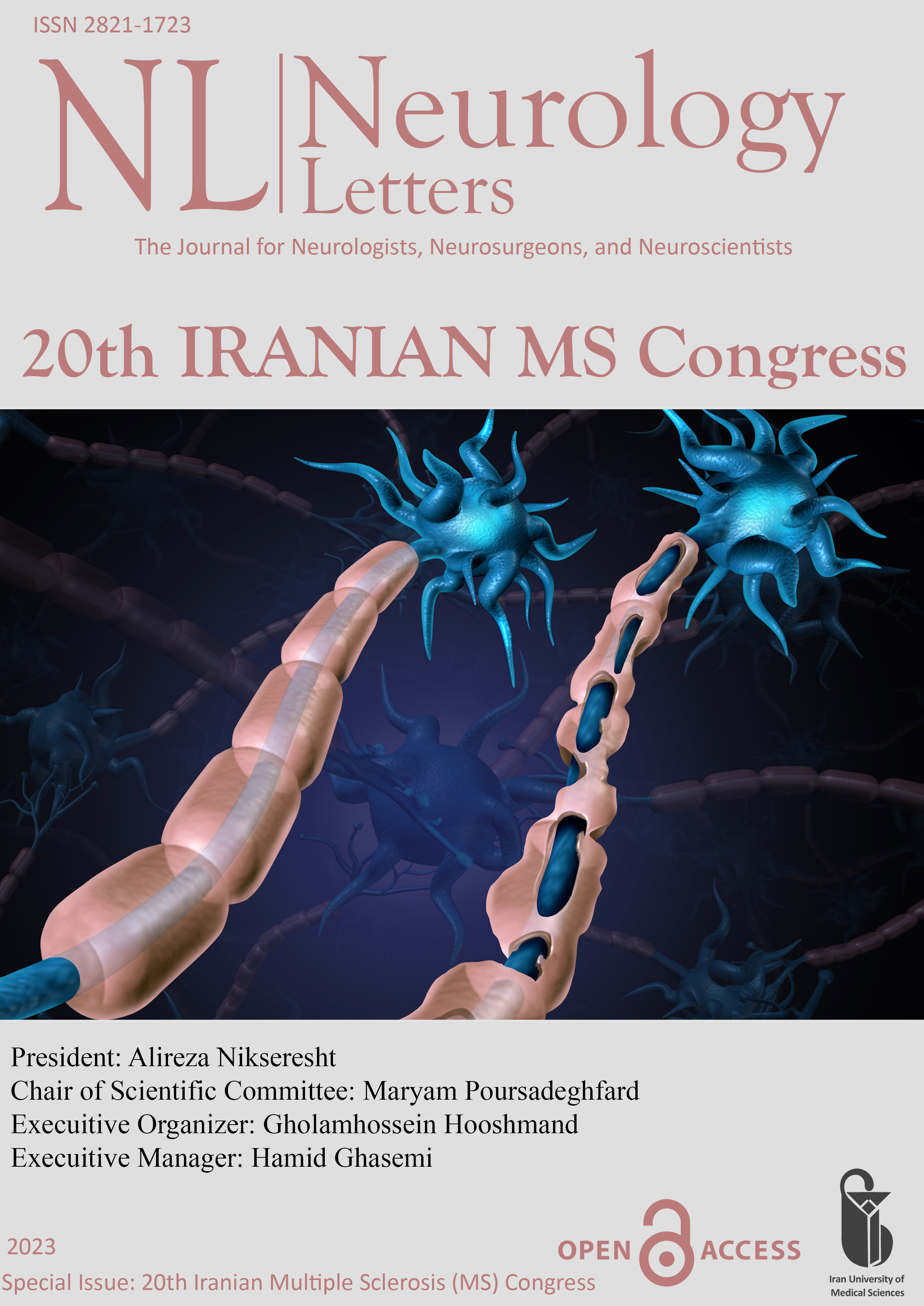New Technological Approach to Physical Therapy in Patients with Multiple Sclerosis (ORP-25)
Document Type : Oral Presentation
Author
Department of Medical Physics and Biomedical Engineering, School of Medicine and joint affiliated with Research Center for Biomedical Technologies and Robotics (RCBTR), Advanced Medical Technologies and Equipment Institute (AMTEI), Tehran University of Medical Sciences (TUMS), Tehran, Iran
Abstract
Multiple sclerosis (MS) is a chronic and inflammatory disease of the brain and spinal cord characterized by focal demyelination and axon destruction. MS causes many symptoms such as motor, sensory, visual, and autonomic disorders, and also impairs physical and cognitive functions. Balance problems and limited gait cause fear of falling and decreased multitasking performance. Physiotherapy is one of the most important treatment options and is frequently used for managing symptoms in patients with MS. It is critical that rehabilitative interventions should comprehensively manage and control the abovementioned symptoms in patients with MS. A New technological-based approach has provided new possibilities for neurorehabilitation. Along with technological developments, the multiple symptoms of MS can be managed. Here, the clinical goal is to reach an important principle of neurorehabilitation and motor learning, the “concept of practice”. The concept of practice is known as a critical principle in neurorehabilitation that should contain three main characteristics modified in MS, including ‘optimal intensity’, ‘optimal repetition’, and ‘task specific’. Technology-based rehabilitation, as a sensory-motor-cognitive network, provides multisensory feedback and allows therapists to control quantitatively and adjust therapeutic parameters such as duration, intensity, and frequency in a planned manner. It also allows to creation of a motivational context to transform the patients from a passive element to an active participant in compliance with the treatment regimen. Therefore, the new technological approach provides various advantages for patients with MS by providing goal-specific training based on motor learning principles and enabling objective evaluation of functional performance.
Keywords
 Neurology Letters
Neurology Letters
